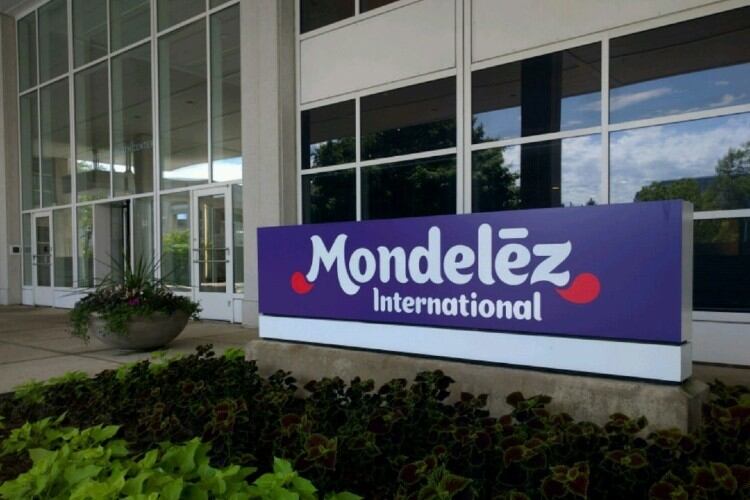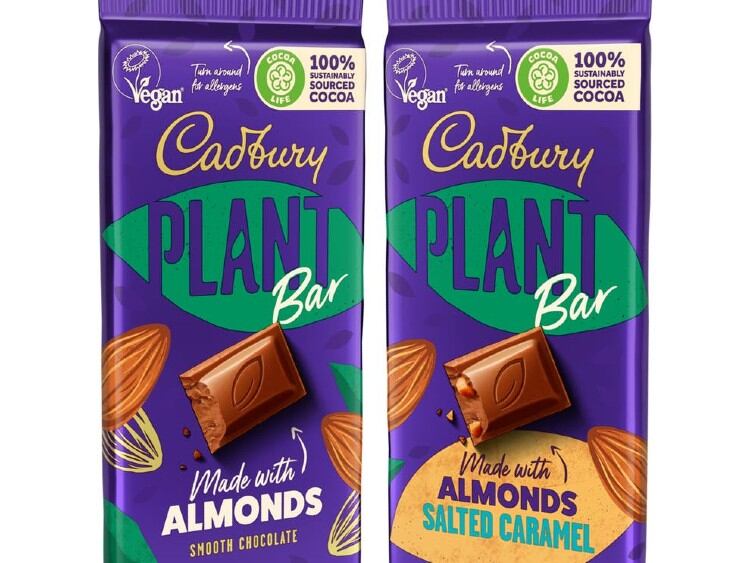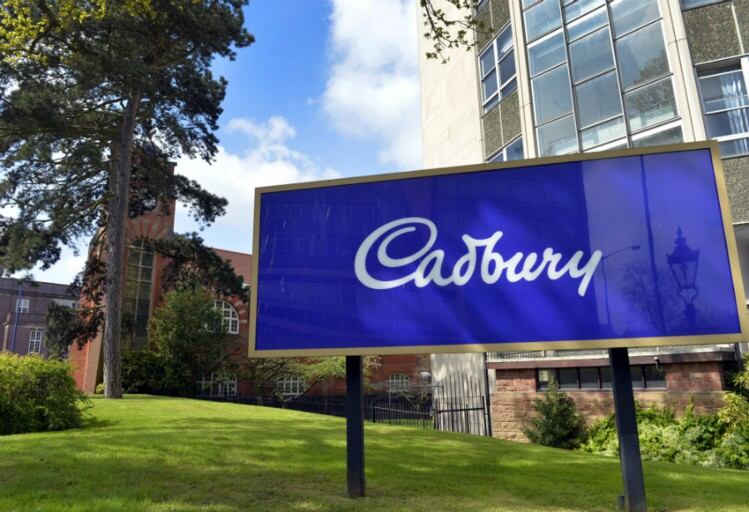In a post-earnings call, Chief Executive Officer Dirk Van de Put said the company's move in increasing its exposures to high growth segments, where it had previously being underrepresented, had paid off. “For example, wellbeing, where we announced a breakthrough innovation this quarter on our largest brands with the Cadbury Plant Bar in the UK, which is suitable for vegans, and our Oreo Zero sugar in China, which has the clear potential to expand to other geographies.”
The financial results were released on the same day that Mondelēz announced it is committing to a 2050 target of net zero greenhouse gas emissions across its full value chain.
Mondelēz said it has signed the Science Based Targets Initiative’s Business Ambition for 1.5°C, aligning its long-term emissions mitigation targets with the ambitious aim of limiting temperature rise in accordance with the Paris Agreement.
The company has also joined the United Nations Race to Zero Campaign to help build momentum towards a decarbonised economy.
“For the last several years, we’ve worked with the Science Based Targets initiative to reduce our emissions footprint and our announcement today will help accelerate our existing efforts to create a more sustainable snacking company,” said Van de Put.
“We’re transforming how we do business across our operations and with the suppliers and farmers we work with – from seeking to improve cocoa farming practices in West Africa to promoting regenerative agriculture in wheat fields in the Midwest United States.”
Reuters reported that shares of the Chicago, Illinois-based company rose 2.3% in after market trade, as net revenue from its emerging markets segment grew 12.9% to $2.58bn in the third quarter, following a 3.1% fall last year.
“Despite the current operating environment, we remain focused on and confident in our long-term strategy of delivering accelerated growth through a virtuous, top-line driven cycle, which requires continuous investment in our brands and our capabilities,” Van de Put told analysts.
Demand for Mondelez’s chocolate, biscuits and snacks has bounced back across China, India, Latin America and other emerging markets after a slump in sales last year, when the economies in those regions suffered due to the pandemic.
Price rises
The Cadbury-owner said price rises in in its products in recent months was due to higher costs of ingredients, as well as packaging, transportation and labour.
“Costs have moved higher in the second half of the year relative to the first half, and we expect inflation to persist in 2022,” said Van de Put.
“Alongside working towards net-zero emissions, we will continue to advance all other pillars of our ESG agenda, including sustainable ingredient sourcing, diversity, equity, and inclusion, and net-zero packaging.
“We are excited to continue our journey to build a sustainable snacking company … I'm confident that we are well-positioned to deliver strong performance for years to come.”



